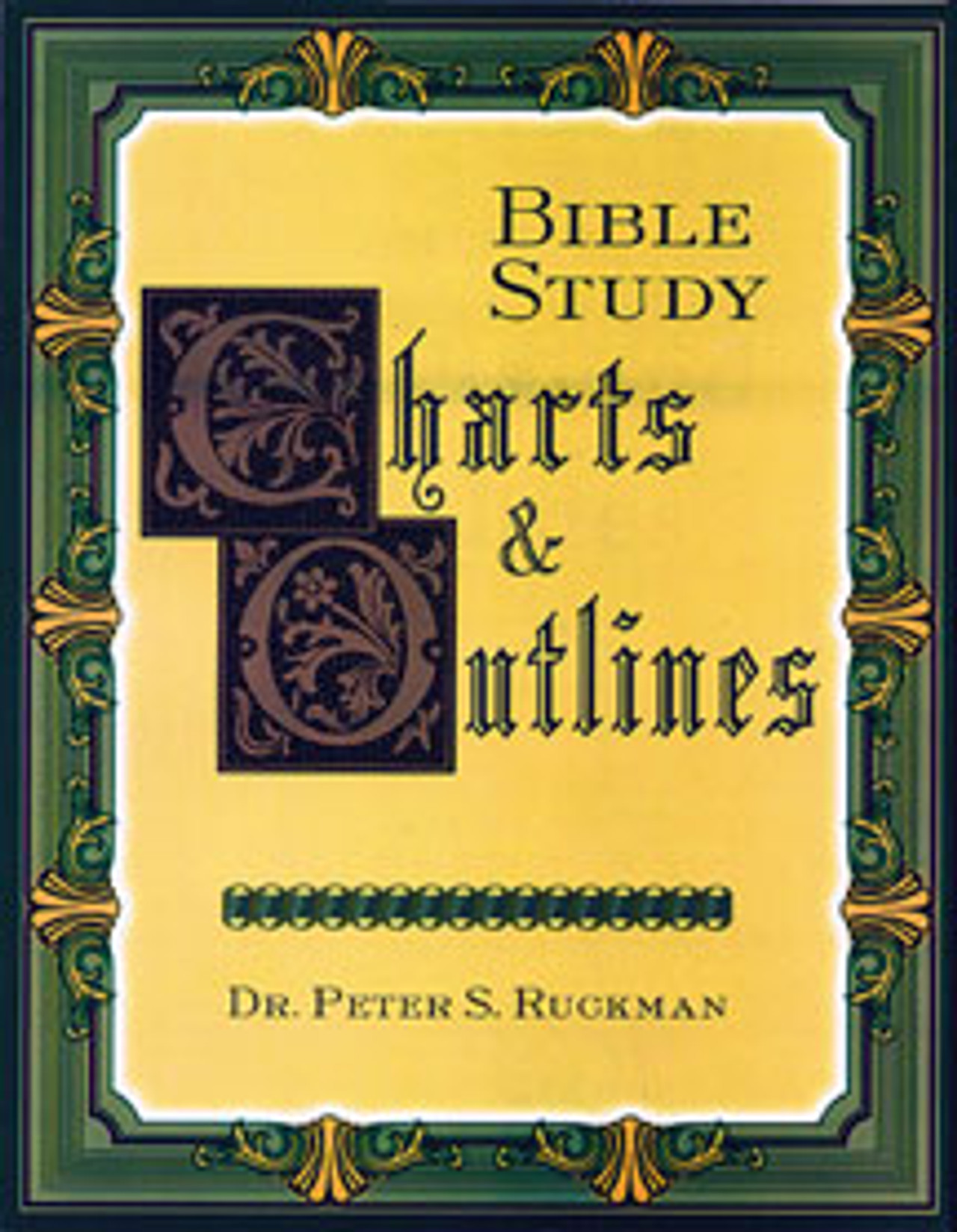
The number 13 represents rebellion and sin, as seen in the 13th chapter of 1 Corinthians, which discusses love and how it is the antidote to sin.


The number 12 represents divine order and government, as seen in the 12 tribes of Israel and the 12 apostles of Jesus. For example, the number 11 represents disorder and imperfection, as seen in the 11 disciples remaining after Judas betrayed Jesus. Numbers 11-20 also have important symbolic meanings in the Bible. The number 10 represents completeness and divine order, as seen in the Ten Commandments. The number 9 represents divine judgment, as seen in the nine plagues of Egypt. The number 8 represents new beginnings and rebirth, as seen in the eighth day of circumcision and the resurrection of Christ on the eighth day. The number 7 represents perfection and completeness, as seen in the seven days of creation and the seven churches in Revelation. The number 6 represents man and human weakness, as seen in the six days of creation before God rested on the seventh day. The number 5 represents grace and redemption, as seen in the five wounds of Christ. The number 4 represents the earth and the material world, as seen in the four elements (earth, air, fire, and water). The number 3 represents divine perfection and completeness, as seen in the Trinity (Father, Son, and Holy Spirit). The number 2 represents division and witness, as seen in the two tablets of the Ten Commandments. For example, the number 1 represents unity and singularity, as seen in the phrase “one God” in Deuteronomy 6:4.

Numbers 1-10 have important symbolic meanings in the Bible. In this article, we will explore the biblical meaning of numbers 1-100 and the significance they hold in the Bible. They have been used to convey important messages, symbolize important concepts, and provide deeper meanings to the text. Numbers have always played an important role in biblical literature.


 0 kommentar(er)
0 kommentar(er)
